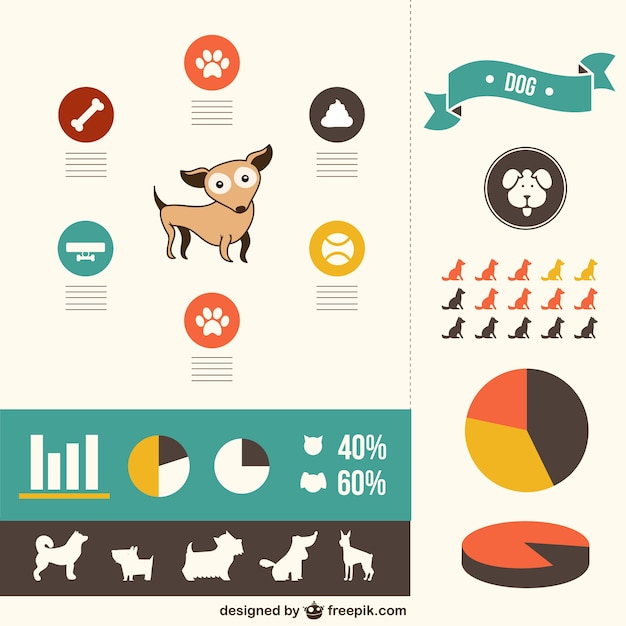The Mental Benefits Of Dog Daycare Why It’s More Than Just Playtime
The Mental Benefits Of Dog Daycare Why It’s More Than Just Playtime
Blog Article
Can Canine Day Care Cause Disease?
Pets in childcare get lots of exercise, socializing with other dogs and unique experiences. This can be specifically practical for young puppies and dogs with behavior problems.
There are several legal factors to consider you require to take into account when starting a doggy day care service. These consist of the framework of your business and compliance with government policies.
1. Dog Distemper
Canine distemper is spread out via straight contact with the physical liquids and waste of an infected dog, but it can also be transferred by means of common water and food bowls or via air-borne beads. This very contagious illness is most dangerous for puppies, but it can impact canines of any type of age and is fatal for a lot of if left without treatment.
First signs and symptoms of canine distemper usually mimic a common cold, including runny eyes and nose with watery or pus-like discharge. As the disease progresses, a dog will develop fever, coughing, reduced appetite, vomiting and diarrhea. The virus can additionally strike the nerves, causing seizures, shivering and partial or full paralysis.
Trustworthy childcares lower direct exposure to infection by calling for inoculations, routine health examinations and comply with stringent hygiene protocols. If your dog appears extremely worn out or hopping, a day of rest may help him recover, yet you need to stay clear of taking him back to day care up until these signs clean up.
2. Kennel Cough
Kennel coughing, additionally called contagious canine tracheobronchitis or Bordetella, is an extremely contagious viral or bacterial disease that influences the respiratory system system. It's frequently transferred through the exchange of saliva or air droplets that an unwell canine exhales. Social pets go to higher risk for infection due to their frequent communication with each other, such as when they play, share food or water, sniff one another or merely satisfy in a congested environment like a pet park or day care.
The most common signs and symptom of kennel coughing is a consistent and forceful coughing that sounds like something stuck in the throat or retching. Usually, pet dogs will cough up foamy white phlegm. If left without treatment, a pet dog can develop pneumonia and go to major risk permanently.
A trustworthy day care facility need to have stringent cleaning and hygiene procedures, sanitize all playthings, food and water bowls frequently, and be open about their inoculation policies. Keeping your pet as much as date on their vaccinations, particularly best boarding for dogs near me for bordetella and canine influenza, will greatly minimize their chances of getting the health problem.
3. Parvovirus
Canine parvovirus, or parvo, is a highly transmittable viral health problem that can be fatal for pups and young person dogs with inadequate body immune systems. It's most frequently spread by straight contact with infected canine feces-- which can happen when pets smell, lick, or taste contaminated feces-- and indirectly from polluted people, objects, or settings (like kennels, grooming rooms and grass). Young puppies and canines without complete inoculation backgrounds are especially susceptible to parvo.
The infection is very durable, surviving in the environment for approximately nine years, and can easily be transferred in between pet dogs by get in touch with through feces or on footwear, apparel, and bed linen contaminated with parvovirus. If not dealt with promptly with IV fluids, electrolyte balance, throwing up control drugs and anti-biotics to stop second bacterial infections, a canine will quickly dehydrate and develop extreme looseness of the bowels, which brings about shock and blood poisoning. Parvo is tough to treat when a canine has become ill, yet with ideal vet treatment, numerous puppies do survive this illness.
4. Pooch Flu
Dog influenza virus is very transmittable and spreads with direct contact, sharing food and water bowls, licking or nuzzling other pets, via air-borne droplets, and through contaminated surfaces. Vaccination is effective in reducing the risk of infection and outbreaks.
Most affected dogs develop a mild respiratory infection with a cough that lasts 1-3 weeks. They may additionally have nasal and eye discharge, sneezing, and sleepiness. Several of one of the most severe situations lead to pneumonia and a high fever.
If your pet dog shows any one of these signs and symptoms, do not bring them back to childcare till they are healthy and balanced. If your pet is revealing indicators of severe exhaustion or hopping, talk with your veterinarian today and make sure they get on healthiness supplements to aid construct their resistance. A vet will certainly examine your pet dog for signs and symptoms of the influenza by taking a sample from the nose or throat, and blood tests can be done to verify.